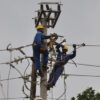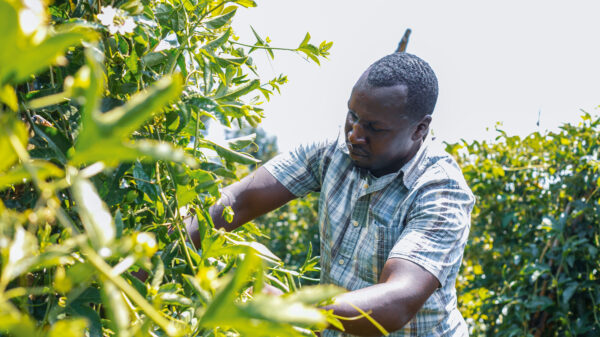NAIROBI, Kenya, June 3 – The Energy, Petroleum, and Regulatory Authority (EPRA) is urging Kenyans to embrace electric vehicles (EVs) to cut the country’s toxic emissions from combustion vehicles.
Through this, the regulator has lined up a nationwide campaign dubbed ‘Tusonge na EVs’ to create awareness, increase affordability, and promote the adoption of clean vehicles with the support of the Ministry of Energy and Petroleum and the United Nations Environment Programme (UNEP).
The initiative supports the government’s aspiration to attain a 5 percent market share of all newly imported vehicles being fully electric by 2025.
Kenya recorded a 600 percent increase in registration of EVs in 2023, with EV imports rising by 1.6 percent in 2023 from 0.17 percent.
According to EPRA, the country’s EV fleet currently comprises over 3,700 registered units, with approximately 90 percent being 2- and 3-wheelers.
While sales of EVs are increasing globally, there is a high concentration in major markets like the US, China, and Europe.
Countries like Kenya have introduced incentives to investors and prospective buyers to spur the numbers.
“The country has witnessed a steady increase in EV imports, with electric vehicles rising by 1.6 percent in 2023 from 0.17 percent. Kenya’s electric vehicle fleet currently comprises over 3,700 registered units,” said Daniel Kiptoo, Director General, EPRA.
He attributed the growth in uptake of EVs to the authority’s efforts to rally support for the nation to adopt electric vehicles to help reduce toxic emissions.
Last year, the Authority introduced a bulk Sh16 per KWH tariff for EVs charging at designated e-ports, a move aimed at encouraging Kenyans to acquire electric vehicles.
The Electric Vehicle Charging and Battery Swapping Infrastructure Guidelines set out individual pricing regimes for e-bikes, e-motorcycles, e-cars, e-trucks, and e-buses.
“EPRA will showcase the benefits of electric mobility, highlight its role in reducing emissions and how it creates economic opportunities. This initiative underscores Kenya’s commitment to a cleaner, greener future, aligning with global efforts to combat climate change,” added Kiptoo.







































